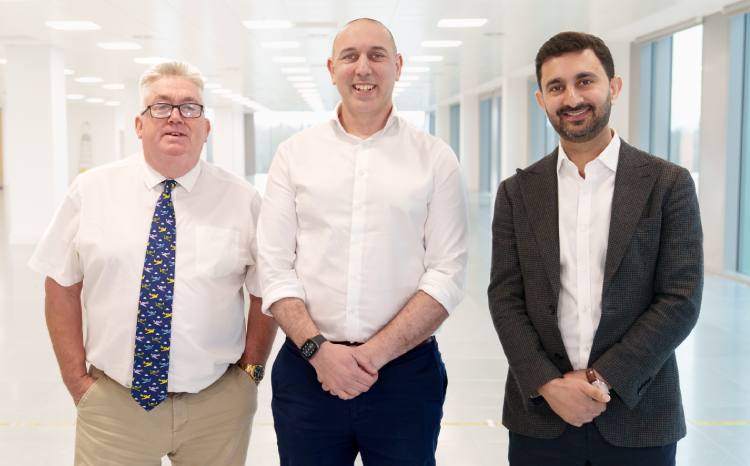IT ‘needs to become more professional’
- 7 November 2012

Informatics and IT within the health service need to become more professionally recognised areas of work, representatives of The Chartered Institute of IT have told delegates at the inaugural CCIO Leaders Network Annual Conference.
Mike Sinclair, vice chair professionalism, and Dr Justin Whatling, chair elect of BCS Health, argued that with IT becoming increasingly important in healthcare, standards of competence must be established.
“Given how many more people can now be killed by IT, I think we now have an obligation to get a little more organised,” said Sinclair.
“It is recognised nationally that IT is terribly immature, across all sectors, not just health. When looking at the way IT is perceived it’s a way from where doctors, architects and so on are, who are statutorily and publicly recognised as professionals.”
Changing that situation will in large part depend on defining the developing role of the CCIO, the two speakers suggested.
“Part of the challenge is being clear on the roles and responsibilities of a chief clinical information officer,” Dr Whatling argued. “We need to look at the skills of those individuals.”
Sinclair suggested that many of those skills will be less about technology and more about leadership.
“If we look at CCIOs today and how they got to where we are, we end up with a pattern,” he said.
“Early on, people start in little projects, as a result of that they begin to understand what the IT landscape is about, and those who get to senior roles then think in a strategic ways about the IT function in an organisation and about change management.
“As a result, you have got to really develop leadership skills in a way that almost makes you a professional in leadership.”
Sinclair argued that the introduction of a formal professional and educational development programme for CCIOs may ultimately make the position more attractive.
“I think a lot of current CCIOs are really quite cunning and only survive through sheer grit and determination against the odds,” he argued.
“If we want CCIOs to be more professionally recognised then we need to change that to make [the post] a more welcoming place to be.”
The EHI CCIO Campaign was set up last year to encourage all healthcare organisations to appoint a CCIO to champion IT and information projects.
The CCIO Leaders Network was set up to take forward the aims of the campaign, to support the first CCIOs to be appointed, and to develop and promote aspiring CCIOs.
The first, annual CCIO Leaders Network Annual Conference is taking place alongside EHI Live 2012 in Birmingham.




